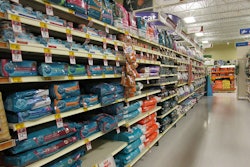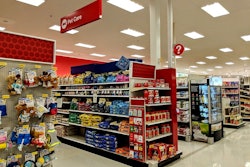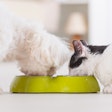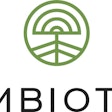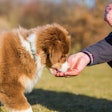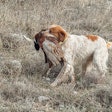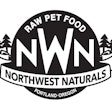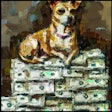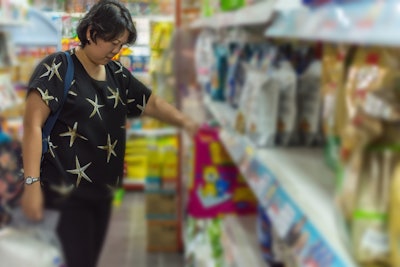
A national association of pet food manufacturers and sellers in Japan is calling on its members to expand to new areas that support the health of pets to encourage their owners to buy. The Pet Food Association of Japan believes that by exploring new growth areas, the group can counter the effects of retail price inflation in pet food that is expected to continue throughout 2024.
In a New Year's address to its 94 member companies, Hiromitsu Kodama, chairman of the Pet Food Association of Japan, said health-conscious foods and gourmet foods that would please both pets and their owners could revive consumption, which he noted to be on a decline. He mentioned pet snacks to be another area where they can provide better consumer satisfaction resulting in more desire to purchase.
Kodama said the industry has been plagued by inflation since 2022 that led to high prices for many raw materials and energy. Also, Kodama said a weakened Japanese yen that at one point exceeded 150 yen to the US dollar, had a major impact on the pet industry.
“In the pet food market, the retail price per kilogram of all categories for both dog and cat food exceeded 700 yen (US$4.77), an increase of over 20% from the previous year," said Kodama. "Since 2022, prices rose across all major pet food price ranges. The amount of increase varies from a few percent to more than 20%, but the rate of increase was particularly high and has influenced consumers' product choices."
A survey on commercial pet food expenditures conducted by the association in October 2023 found that the monthly expenditure per dog, which includes treats in addition to staple food, was 5,366 yen (US$36.56), an increase of only 2.1% from 2022. The expenditure per cat was 4,550 yen (US$31), an increase of 7.5% from the previous year.
Another survey conducted by the association last year revealed that the percentage of Japanese households with no pets was already at 73.5%, and is rising year by year. The total number of dogs kept is estimated at 6.844 million, almost half of the 13.1 million dogs kept as pets in 2008. The current estimated number of pet cats is at 9.069 million, showing a flat trend.
This year, Kodama said they will keep reviewing their nutritional standards based on new findings related to the health and nutrition of dogs and cats. Kodama also promised to help their members' business operations by ensuring a stable supply of raw materials and working to increase pet food exports.
Also part of the association's 2024 plans is to reach out to other East Asian countries with growing pet markets. “By introducing our association's pet food test, pet food salesperson certification system, and pet food safety manager certification system to industry organizations in East Asian countries, we hope to contribute to the development and healthy growth of the pet industry in each country,” Kodama said.
Lastly, the association will spend 2024 promoting activities related to the protection and better understanding of pets and their important role in enriching people's lives.
More than 90% of the Japanese pet food market is serviced by members of the association.


